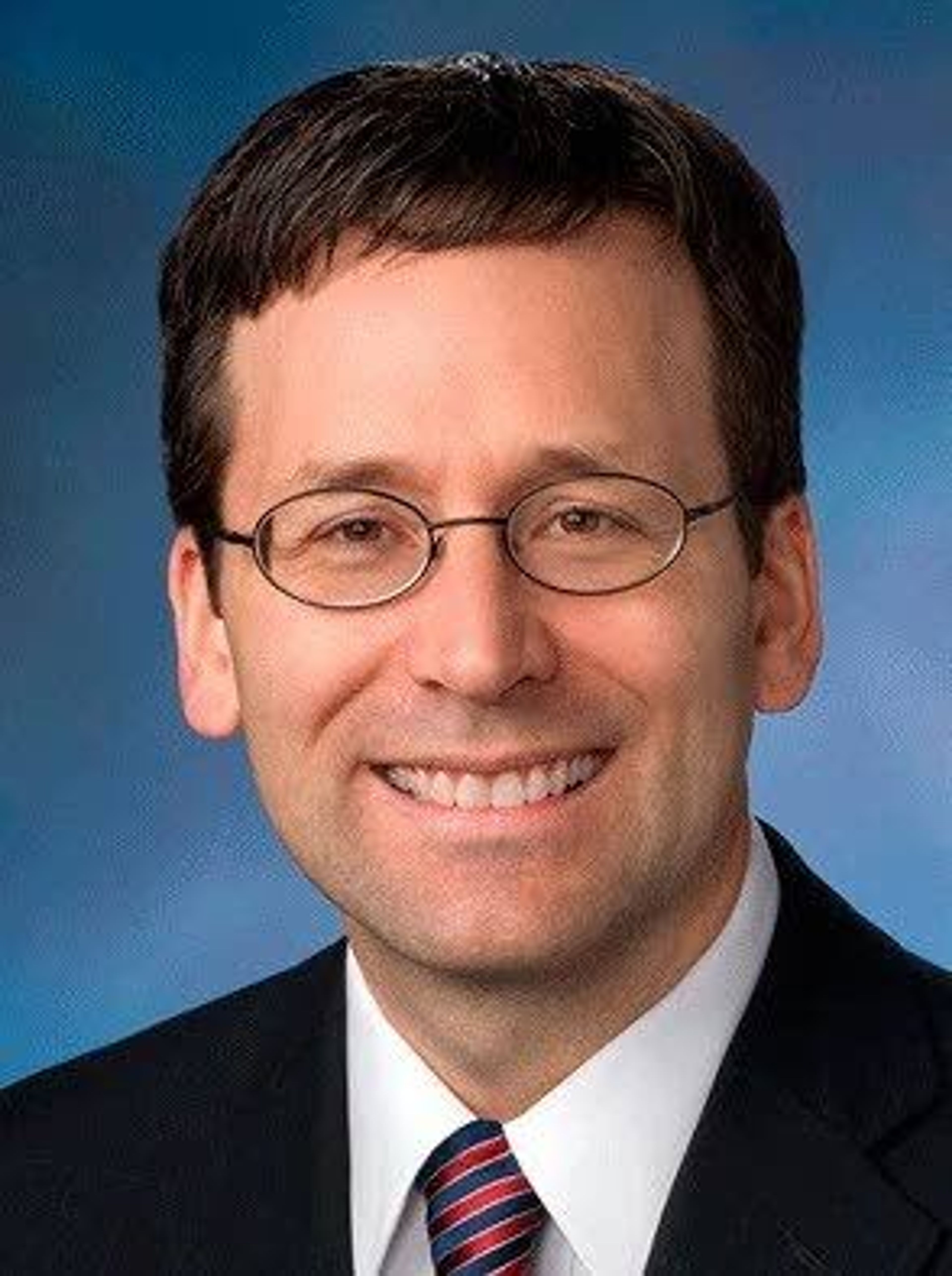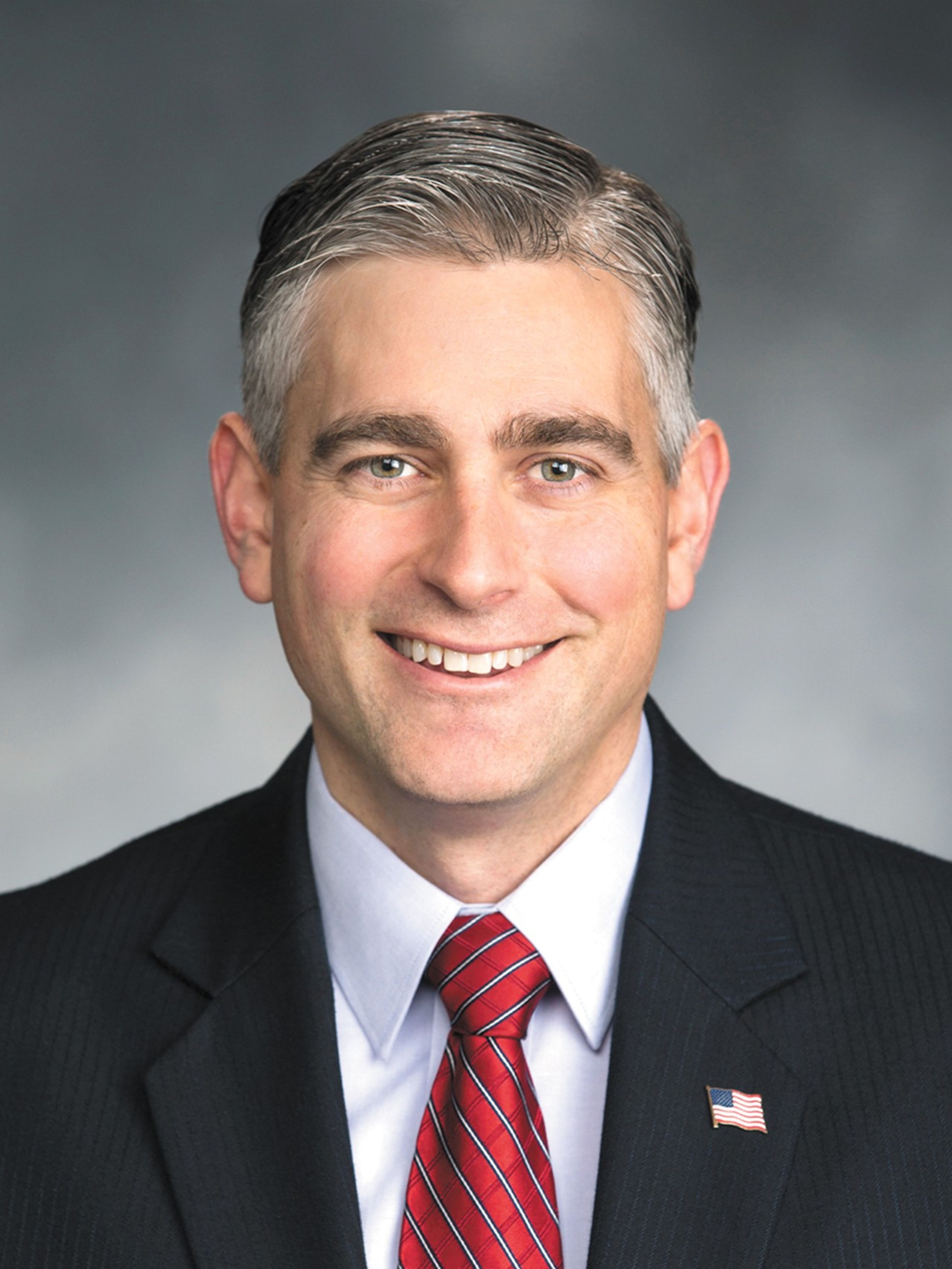Washington AG discusses Purdue Pharma battle
Ferguson speaks to League of Women Voters of Pullman on topics related to opioids, missing indigenous people
Washington State Attorney General Bob Ferguson on Thursday gave his insight into Washington’s ongoing fight against a major opioid manufacturer during a Zoom discussion with the League of Women Voters of Pullman.
He also spoke about a state task force focused on missing and murdered indigenous women.
On the heels of a federal court hearing Tuesday in New York, Ferguson spoke about why Washington is appealing a bankruptcy ruling related to Purdue Pharma, the maker of OxyContin.
As Washington and 47 other states sued the company for its role in fueling the opioid epidemic across the country, Purdue Pharma declared bankruptcy.
The Sackler family, which owns the company, reached a deal with a New York judge to spend billions of dollars to resolve the bankruptcy in exchange for a lifetime legal shield from civil lawsuits. Ferguson said the district judge has a history of making this specific type of bankruptcy deal.
He said the deal is an abuse of the bankruptcy process and bends the legal system in favor of the wealthy.
“I rejected that deal and think that the Sacklers should be held accountable for their role in fueling the opioid epidemic,” he said.
He said a bankruptcy judge in New York should not be allowed to forbid another state from prosecuting a family like the Sacklers.
Washington is leading a coalition of five states in appealing the bankruptcy plan in the U.S. District Court for the Southern District of New York
He said the case may end up in the U.S. Supreme Court next year. While other states have already agreed to a settlement from the bankruptcy deal, Ferguson said he cannot let that deal stand.
“If the Sacklers can get away with this, guess what? In a couple years some other wealthy individual or wealthy family will do the exact same thing,” he said.
The state is also engaged in ongoing litigation against three major opioid distributors McKesson Corp., Cardinal Health Inc. and AmerisourceBergen Drug Corp. for allegedly violating the law when they shipped massive quantities of drugs to Washington.
For example, Ferguson said the companies distributed more opioid prescriptions than there are people in more than a dozen Washington counties. He said distributors are legally obligated to stop shipments to a community and notify the authorities if they notice suspicious orders.
Ferguson also talked about the new Missing and Murdered Indigenous Women and People Task Force, which held its first meeting Thursday.
Created by the Washington Legislature, the task force is working to create recommendations to address the crisis of missing indigienous people that Ferguson said is “of epidemic proportions.”
One of the challenges is gathering data on the problem, he said.
“Even at the most basic level of getting accurate data around the scale of the crisis has been a significant challenge,” he said. “It can be difficult to address a challenge when you don’t have your arms around the scope of the challenge.”
He said law enforcement agencies must improve the way these cases are documented, tracked and shared. He said the recorded number of unsolved cases of missing indigienous people is not accurate.
“Whatever that number is, it is … a small percentage of what is actually going on,” Ferguson said.
The 23-member task force will present a report on its findings in August 2022.
Kuipers can be reached at akuipers@dnews.com.







